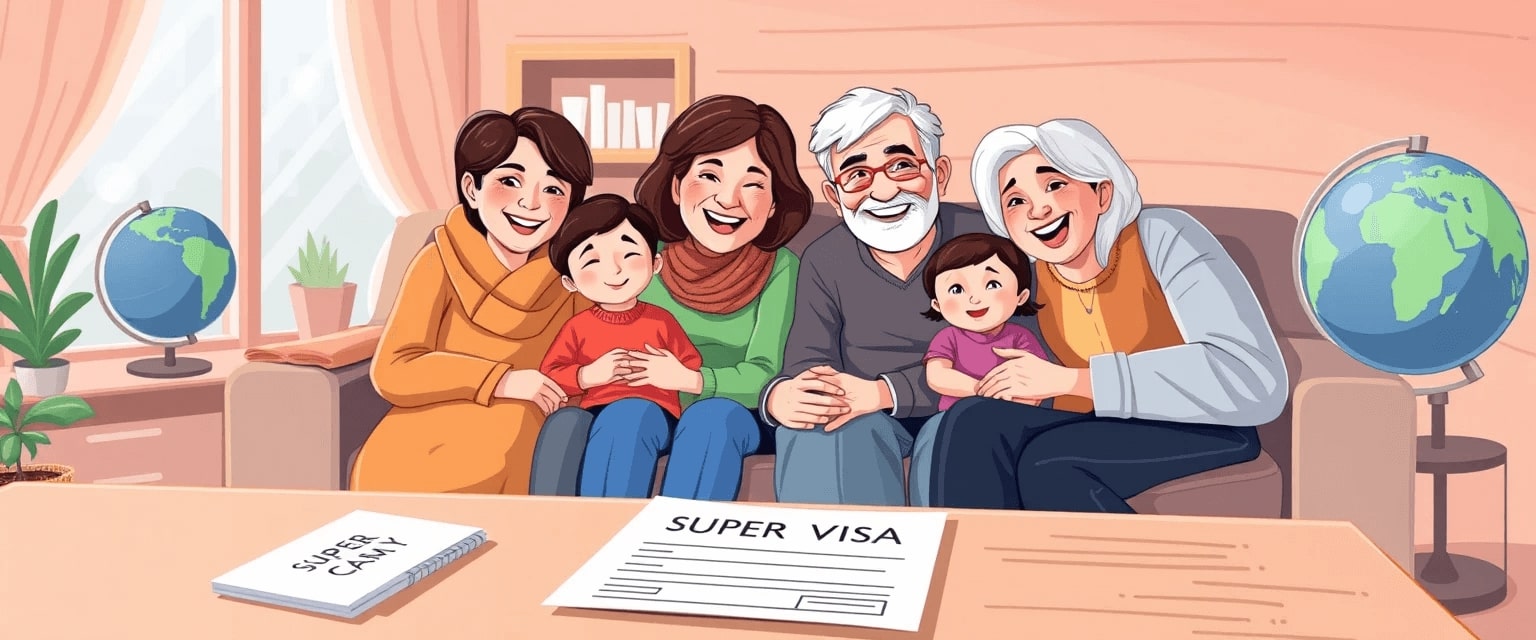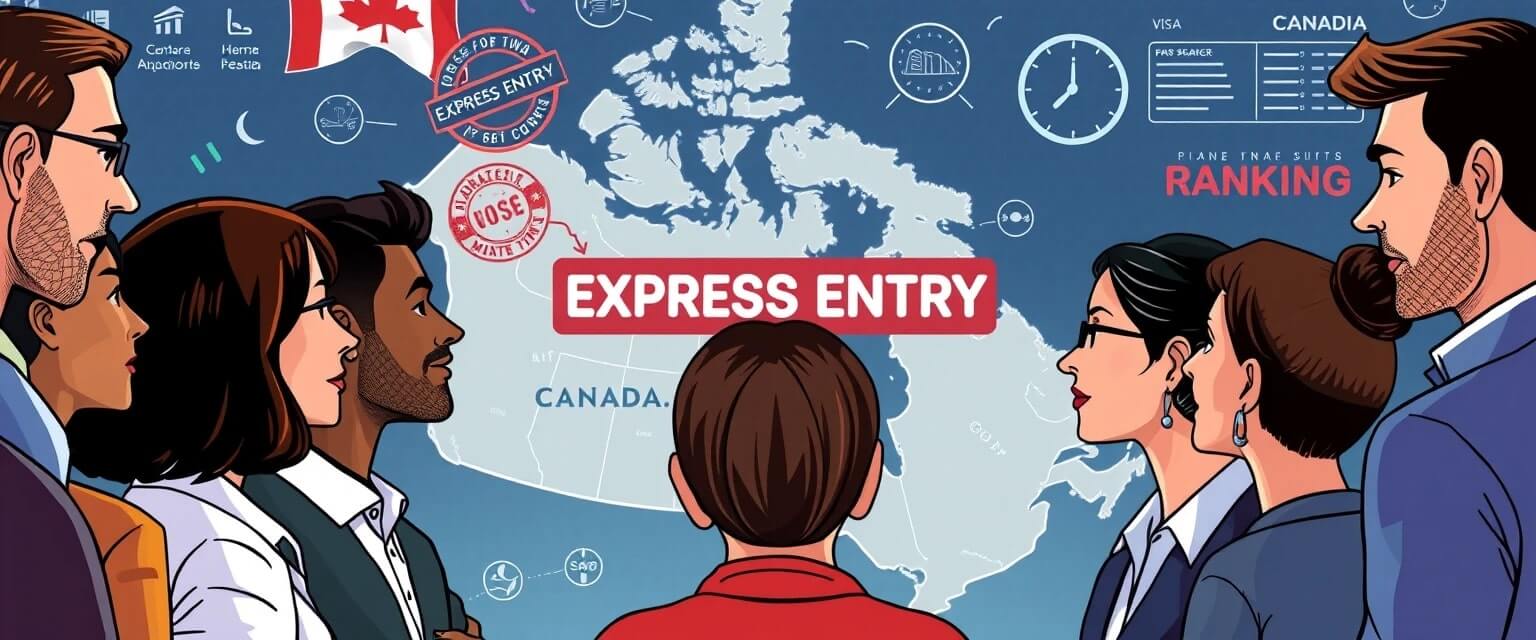Unlock Unlimited Work Hours as an International Student in Canada: Your Complete Guide to Maximum Earning Potential
Are you an international student in Canada struggling with the standard 24-hour weekly work limit during academic sessions? Here’s exciting news that could transform your financial situation while studying! There are actually two legitimate pathways that allow you to work unlimited hours without violating your study permit conditions.
As a leading immigration consultant in Canada, Sayal Immigration has helped thousands of international students navigate Canada’s complex immigration landscape. Today, we’re sharing insider knowledge about maximizing your work opportunities while maintaining full compliance with Canadian regulations.
Breaking Down the Standard Work Limitations
Before diving into unlimited work opportunities, let’s understand the baseline restrictions. Most international students face these standard work allowances:
-
Off-campus work for Canadian employers: Maximum 24 hours per week during classes
-
On-campus work: Completely unlimited hours
-
Freelancing for international clients: No restrictions whatsoever
-
Holiday breaks: Unlimited hours for any employer during scheduled breaks (minimum 7 consecutive days, up to 150 days annually)
Strategy #1: Master the On-Campus Work Advantage
The Golden Opportunity: Working on campus provides unlimited earning potential without any hourly restrictions, even during intensive study periods.
Who Qualifies as On-Campus Employers?
Your campus work opportunities extend far beyond traditional student jobs. Eligible employers include:
-
Your educational institution directly
-
Faculty members requiring research or administrative assistance
-
Student organizations and clubs
-
Self-employment ventures operating physically on campus (imagine running your own campus coffee shop!)
-
Private businesses located within campus boundaries
-
Contracted service providers serving the school community
Understanding Campus Boundaries
Campus work means any position within buildings officially part of your school’s campus infrastructure. However, there’s an important caveat: if your institution operates multiple campuses, you’re typically restricted to working at your specific study location.
Many students from Toronto, Mississauga, and surrounding areas often ask our team about these opportunities. As an experienced immigration consultant in Toronto, we’ve seen students successfully leverage campus work to build impressive resumes while earning unlimited income.Special Exception: Teaching and research assistants connected to research grants can work at affiliated facilities like libraries, hospitals, or research centers, even when located off-campus. This opens incredible opportunities for graduate students and research-focused undergraduates.
Strategy #2: Harness International Freelancing Power
The Game-Changer: Freelancing for foreign clients doesn’t count as entering the Canadian job market, making it completely unrestricted.
Key Requirements for Unlimited Freelance Work
To maintain compliance while freelancing internationally:
-
Independent contractor status: You must operate as a freelancer, not an employee
-
No Canadian financial ties: Your clients should have minimal or no business operations in Canada
-
Foreign business operations: Clients should primarily conduct business outside Canada, lacking Canadian Revenue Agency business numbers or Canadian addresses
Important Tax Considerations
While freelancing offers unlimited work potential, remember your tax obligations. As a Canadian resident for tax purposes, you must:
-
Report all worldwide income on your Canadian tax return
-
Pay both employer and employee CPP contributions on freelance earnings
-
Maintain detailed records of international client payments
For comprehensive tax guidance, consult resources from the Canada Revenue Agency or seek professional accounting advice.
Essential Compliance Requirements
When Can You Start Working?
Work authorization only begins after your study program officially starts. Jumping the gun could jeopardize your entire Canadian immigration journey.
Maintaining Work Authorization
Your work privileges depend on strict compliance with study permit conditions:
Academic Requirements:
-
Full-time enrollment during academic semesters (excluding scheduled breaks)
-
Active study pursuit with measurable progress toward program completion
-
Authorized leave limitations not exceeding 150 days
-
Continuous enrollment at your Designated Learning Institution
Administrative Requirements:
-
Valid Social Insurance Number (SIN) before beginning any work
-
Study permit extension when changing institutions
-
Immediate departure when permits expire
Special Considerations for Final Semester Students
Students taking part-time course loads in their final semester retain unlimited on-campus work eligibility, provided they:
-
Maintained full-time status throughout previous semesters
-
Are only part-time to complete final required coursework
-
Continue meeting all other study permit conditions
This flexibility ensures you can maximize earnings while completing your Canadian education journey. Students in Kitchener and surrounding areas have successfully used this provision. Our immigration consultant in Kitchener regularly helps final-semester students maximize their work opportunities.
Maximizing Your Career Development
Work Experience and Permanent Residence
Understanding how different work experiences impact your permanent residence applications is crucial:
Limited Recognition:
-
Full-time student work experience doesn’t qualify for Canadian Experience Class pathways
-
Student work won’t earn Comprehensive Ranking System points for Canadian work experience
Valuable Recognition:
-
Student work experience does count toward Federal Skilled Worker Program requirements
-
International experience can boost skill transferability factors
-
Category-based Express Entry draws may recognize student work experience
Common Pitfalls to Avoid
Immediate Work Termination Scenarios:
-
Stopping full-time studies (except final semester part-time students)
-
Study permit expiration
-
Taking authorized study leaves
-
Transitioning between schools without current enrollment
Students in Scarborough and the GTA often encounter these situations. Our immigration consultant in Scarborough provides emergency consultation to help students quickly regain work authorization. Recovery requires resuming studies and meeting all authorization requirements before returning to work.
Your Next Steps to Financial Freedom
These unlimited work opportunities can dramatically improve your Canadian study experience. Whether you’re interested in maximizing campus employment or building an international freelance portfolio, proper planning ensures compliance while boosting your earning potential.
Ready to optimize your Canadian student experience? Sayal Immigration specializes in helping international students navigate complex regulations while maximizing opportunities. Our expert consultants provide personalized guidance ensuring you make the most of your Canadian education investment.
Don’t let restrictive work limitations hold you back. With proper strategy and expert guidance, you can build substantial work experience and financial stability while pursuing your Canadian dreams.
Contact Sayal Immigration today for comprehensive consultation on maximizing your student work opportunities and planning your path to permanent residence in Canada. Whether you’re located in Toronto, Mississauga, Brampton, Kitchener, London, Scarborough, or anywhere across Canada, our experienced immigration consultants provide personalized guidance ensuring you make the most of your Canadian education investment.









